Tag: applications
-
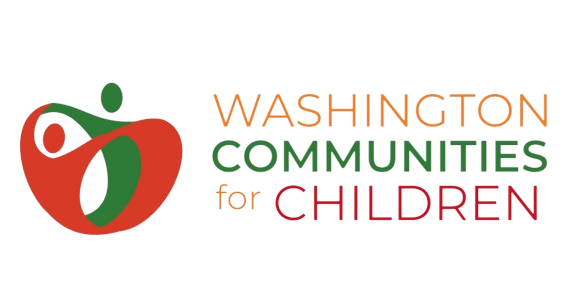
Washington Communities for Children: developing the resource directory information supply chain
Washington Communities for Children (WCFC) is a network of early childhood coalitions – groups of local parents, child care providers, non-profits, public agencies, school districts, etc. – dedicated to improving the wellbeing of children, families, and communities acrossWashington state. In 2022, the Washington State Department of Health enlisted WCFC in its Early Childhood Comprehensive Systems…
-
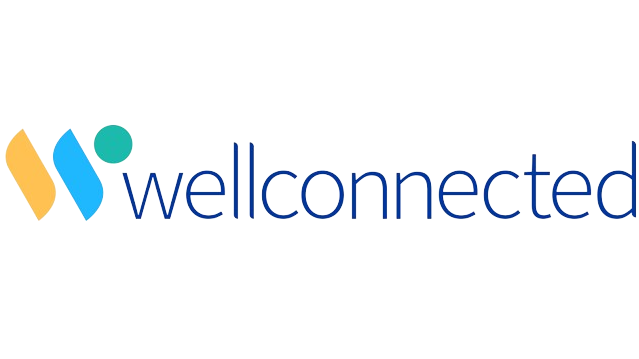
wellconnected’s allco platform: building community in New York and beyond
[Welcome to Stephen Butzler, Community Engagement Lead for wellconnected, who is joining us on the blog today to share insights about their work in partnership with 2-1-1 providers in New York state and beyond. Hi Steve!] On behalf of wellconnected, … Continue reading →
-
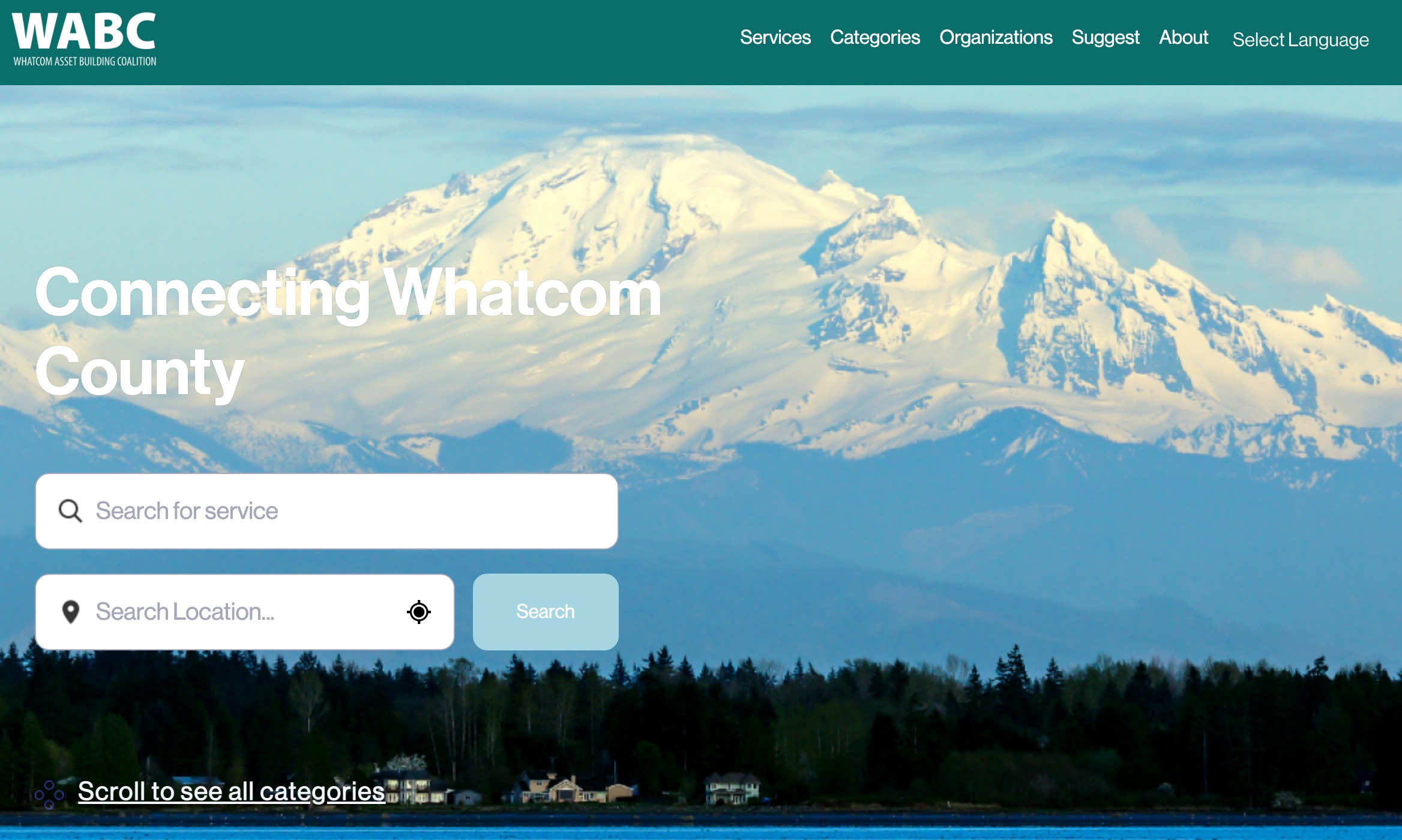
Introducing the Whatcom County Resource Information Collaborative
This post is brought to us by Kristi Slette, Secretariat of the Whatcom Resource Information Collaborative in Washington state. Welcome, Kristi! Washington state’s Whatcom County – the north western most county in continental U.S. – is a resourceful community with many collaborative community-based organizations that serve residents in need. For many years, the leadership and…
-
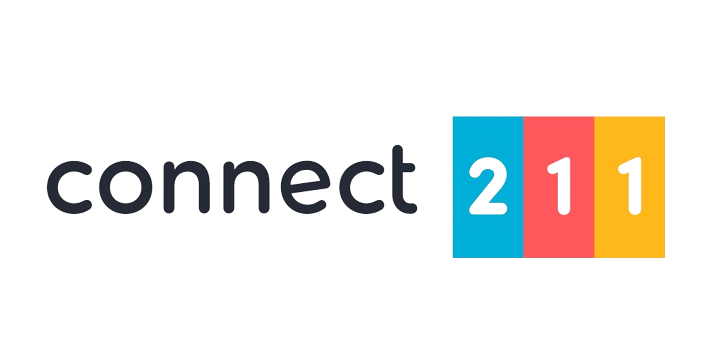
Resource Directory Search Engine To Go – with Connect 211
This post brought to you by Skyler Young of Connect 211. Welcome, Skyler! This is the story of how a 211 call center teamed up with a local software team to create a modern search engine for community resources, and … Continue reading →
-

Innovating Around the Intervention: Activate Care’s Coordination Tools, Powered by Open Referral
[Welcome to Jonathan Abbett, VP of User Experience at Activate Care!] Imagine if our healthcare and social service systems were able to seamlessly coordinate care around all of our physical, behavioral, and social health needs. Back in 2012, inspired by this vision, I joined a technology start-up that is now known as Activate Care. I…
-
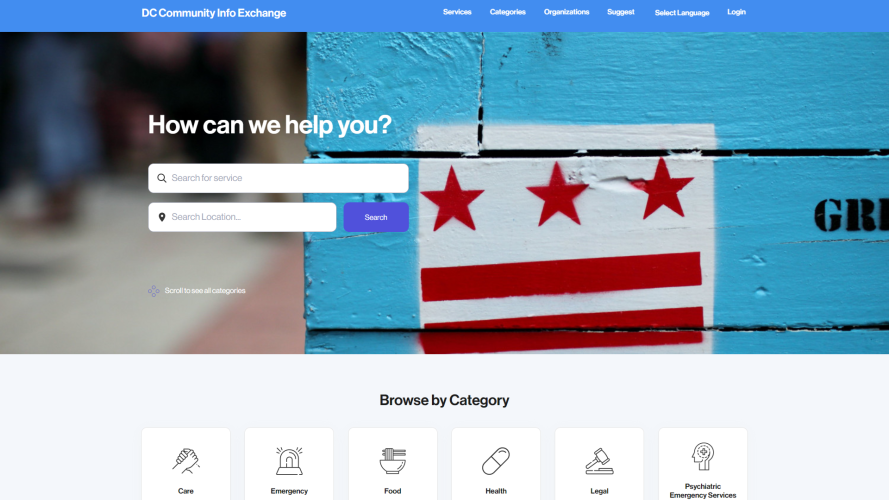
Presenting ORServices 3.0: a Complete Laravel-based Open Referral Directory Solution
I’m happy to announce that Sarapis is releasing a Laravel-based Open Referral Directory Solution (ORServices) as open source code! This software enables anyone to create their own community resource directory information system — with a level of design and functionality that is comparable to proprietary resource directory software systems that are available on the market.…
-
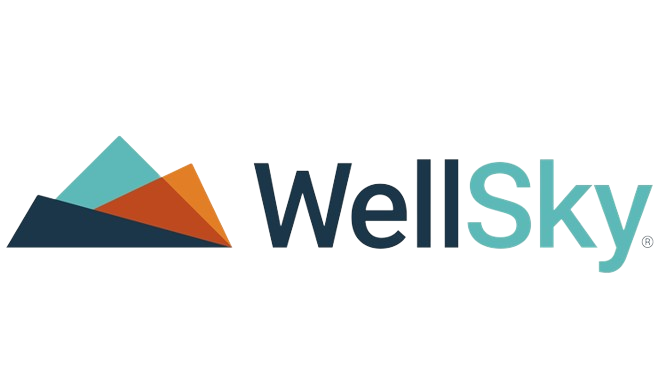
WellSky strengthens human service sector interoperability by supporting Open Referral
[Gabe Cate is VP of Business Development at WellSky. This is reposted from WellSky’s blog. Welcome, Gabe!] At WellSky, we envision a future of truly interoperable health and community care. We envision a future where care providers can seamlessly ensure safer, more efficient care transitions for people across care settings — no matter when, where,…
-
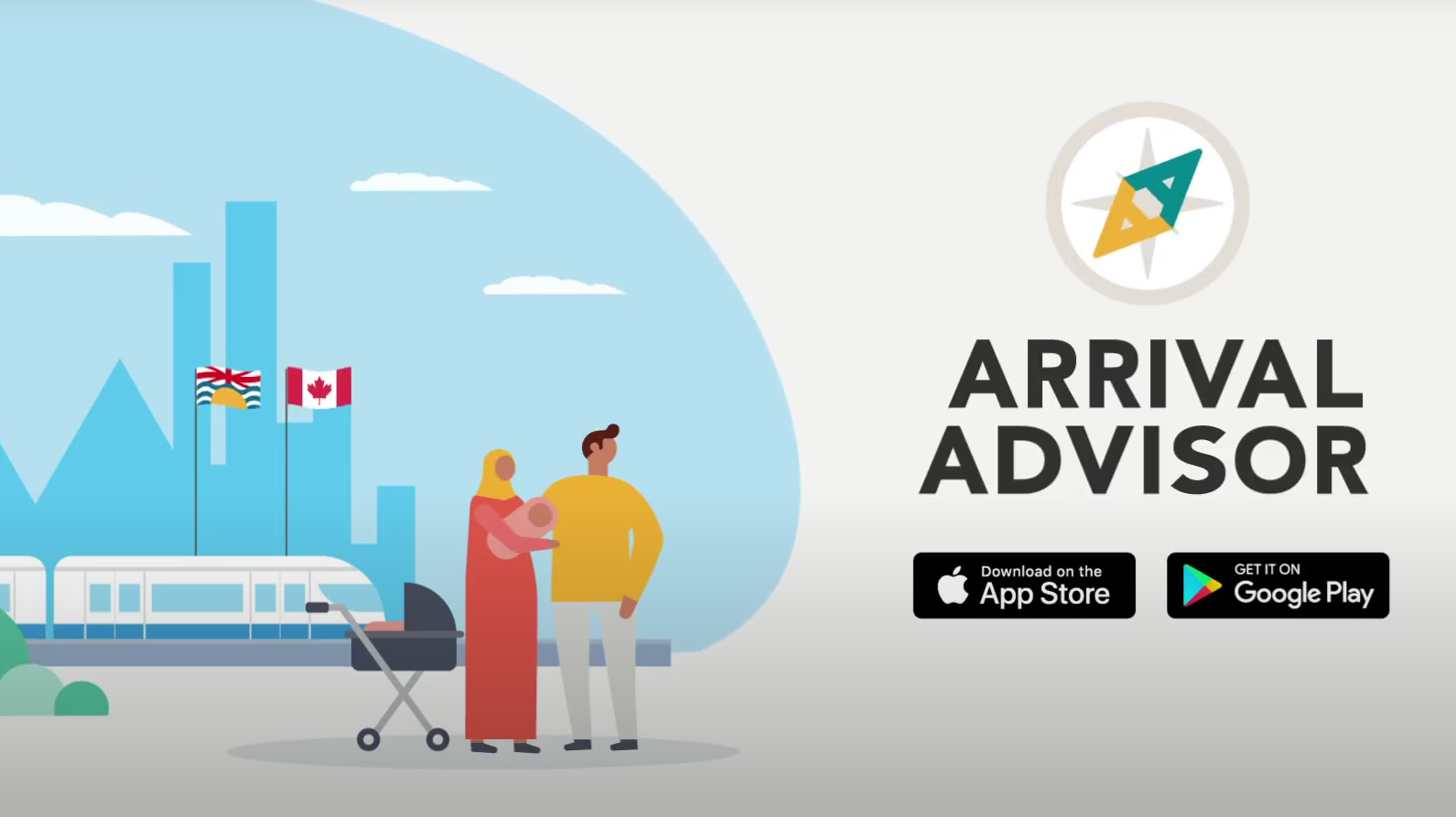
Introducing Arrival Advisor, from PeaceGeeks
[This post is from Grady Mitchell for PeaceGeeks. Welcome, Grady!] PeaceGeeks is a nonprofit organization based in Vancouver that builds digital tools to empower communities in the pursuit of peace. Our newest project, Arrival Advisor, is dedicated to making it easier for newcomers to Canada to find and access the services they need to build…
-
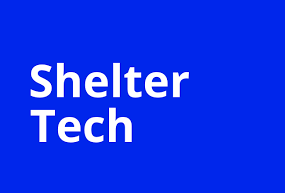
Building Both Technology and Community to Address Homelessness in San Francisco
ShelterTech is currently a 50 member strong all-volunteer non-profit, bringing free wifi and other digital tools to the homeless community of San Francisco. In November 2017, we won a grant from the Mayor’s Office of Housing and Community Development to collaborate with the SF Bar Association’s Homeless Advocacy Project to digitize their bi-annual print-only resource…
